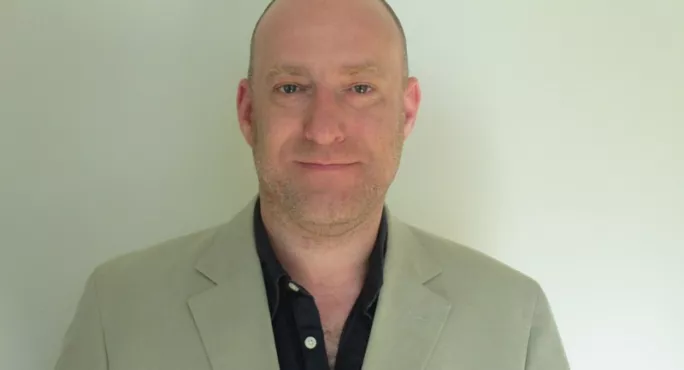Opinion: ‘Tutor Voices will be a strong, democratic, professional voice for the sector’

The impetus for Tutor Voices, the national network for further, adult, community and skills educators, was the sense that attempts to professionalise the sector too often adopt a deficit analysis - with an assumption that tutors are not professional, and with the lack of a fully participatory, democratic, ethos.
The association was established at a conference in the University of Huddersfield on International Workers’ Day earlier this year, and then formally launched in Liverpool at an event to mark the publication of Further Education and the Twelve Dancing Princesses on the day of the general election results. The FE professionals at this event, shell-shocked by the prospect of five more years of potentially devastating cuts, were heartened by Professor Frank Coffield’s blistering critique of government FE policy that evening, and his appeal for a collective defence of the sector.
The association is categorically not intended to replace any former FE professional bodies, or to replicate the service functions of government-funded sector bodies. TutoNeither do we have any appetite for a role around issues such as professional regulation. It would not encroach on the vital work around pay and conditions of sector trade unions - many of the early enthusiasts of Tutor Voices are members of UCU, ATL, Unison and Unite, and a significant proportion are activists or have held branch, regional and national elected positions. Rather it is envisaged that Tutor Voices could complement the work of the trade unions and wider sector bodies, much as Natecla or RaPAL arguably do in respect of Esol (English for speakers of other languages) or adult literacy; and address the more qualitative experience of professionalism - identity, participation and voice.
We believe that a new association in concert with trade unions can articulate the values of democratic professionalism on issues of practice and policy by encouraging a network of practitioners and researchers committed to a culture of discussion, sharing, reflective inquiry and joint practice development. Ultimately the aim is to influence policy by defending and promoting well-resourced vocational, academic and community-based education and comprehensive lifelong learning and education for democratic citizenship.
The FE sector’s professionals have clearly rejected an undemocratic managerialist model of professionalism incorporating elements such as mandatory membership, imposed fees, and government meddling. The founding principles of Tutor Voices include that it should be democratic, both as its fundamental operating ethos, and as an ethic of professional service to students. It will be inclusive by welcoming the input of all sector practitioners, teacher trainers, and interested HE researchers. Tutor Voices will also be non-mandatory as a founding principle, and free to join for as long as this is tenable. It will be representative and participatory, principally organised by lay activists. Professor Howard Stevenson argues, in relation to teaching unions, that only independent, democratic and inclusive organisations can claim to be a voice for teachers. Critically (and uniquely in FE’s professionalism landscape) Tutor Voices will be independent and seek no government funding: the professional knowledge and expertise of a government funded membership body cannot be mobilised to challenge government education policy.
There is a clear argument for an association that rejects centralised, top-down strategies in favour of grassroots, regional and networked approaches. The recent successes of coalitions of professionals in leading the call for an end to the grading of teaching observations by Ofsted, and the ongoing pressure to promote participatory and empowering forms of teacher development, suggests the power of collective professional pressure. More recently a petition in defence of Esol initiated on social media by Tutor Voices and Esol activists has attracted hundreds of signatories in a month.
Eddie Playfair, the principal of Newham Sixth Form College, argues for a post-election pragmatic realism as education professionals; a willingness to build new coalitions, create new structures and engage in a democratic experimentalism. Tutor Voices is certainly an experiment in democracy, exemplified in the demands made in its bill of rights for professional educators in FE and skills. The inaugural Tutor Voices conference will be held in Northern College on September 26; an opportunity for its members to democratically establish the values and principles of the network, and its short-term priorities and longer term aims.
Register with Tes and you can read two free articles every month plus you'll have access to our range of award-winning newsletters.
Keep reading with our special offer!
You’ve reached your limit of free articles this month.
- Unlimited access to all Tes magazine content
- Save your favourite articles and gift them to your colleagues
- Exclusive subscriber-only stories
- Over 200,000 archived articles
- Unlimited access to all Tes magazine content
- Save your favourite articles and gift them to your colleagues
- Exclusive subscriber-only stories
- Over 200,000 archived articles
